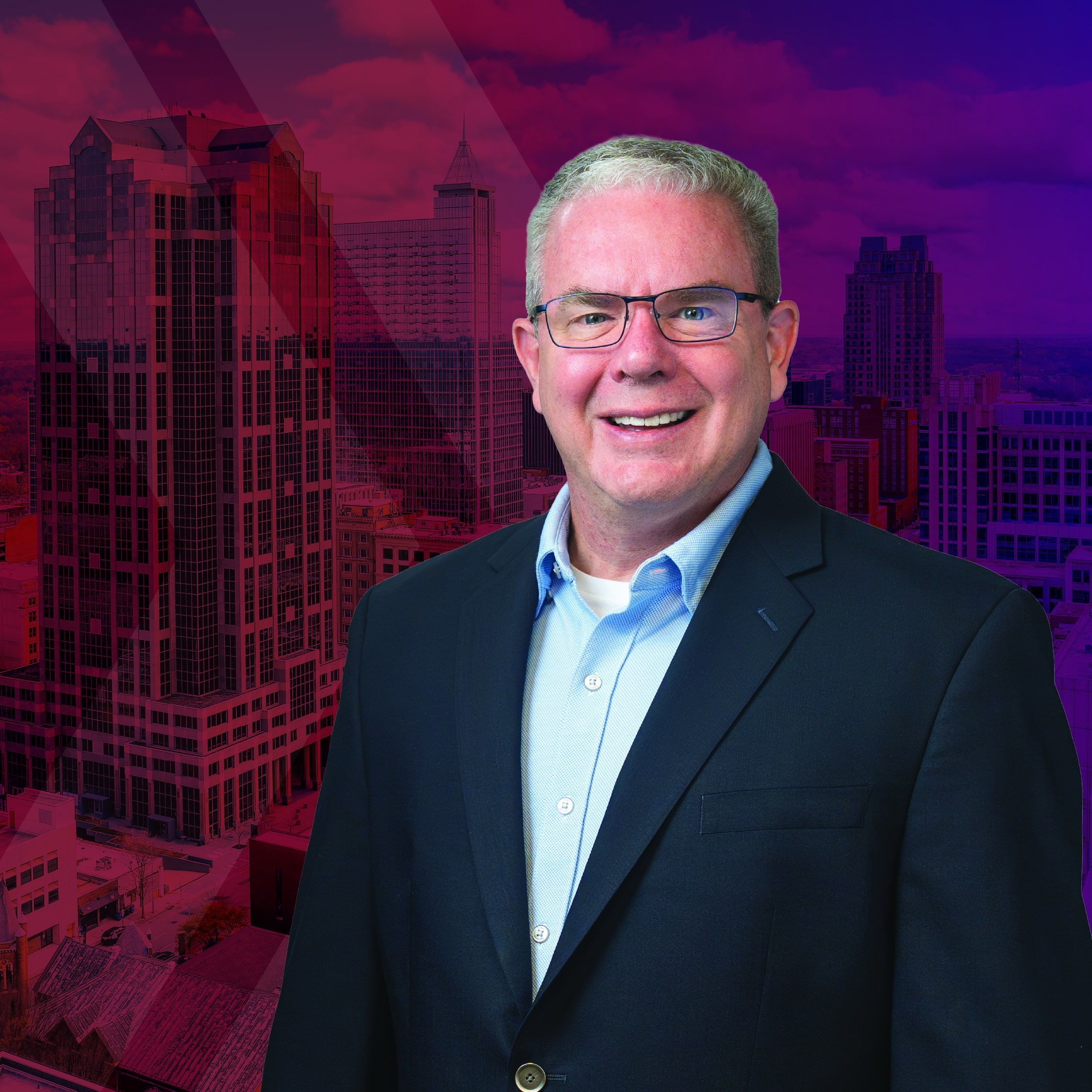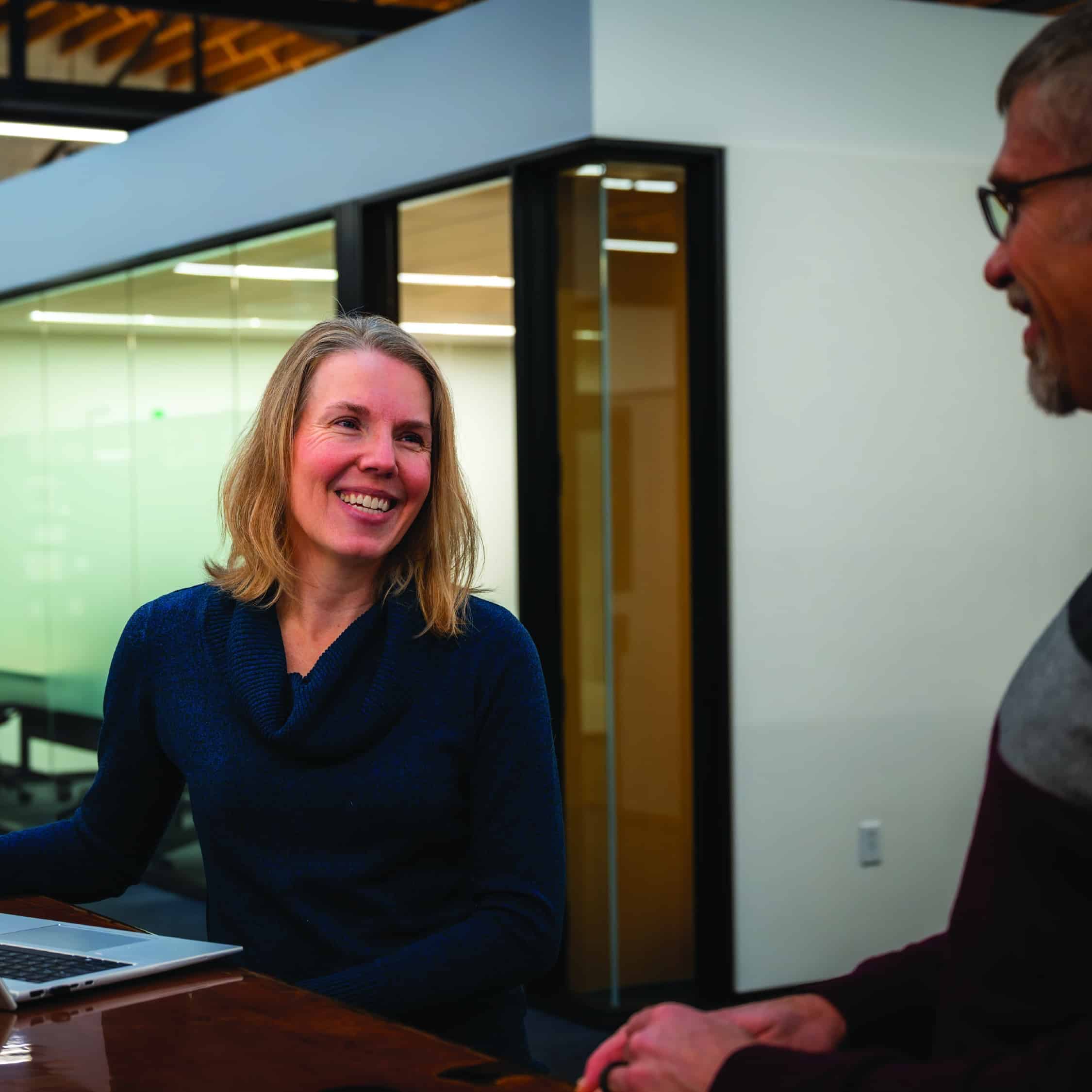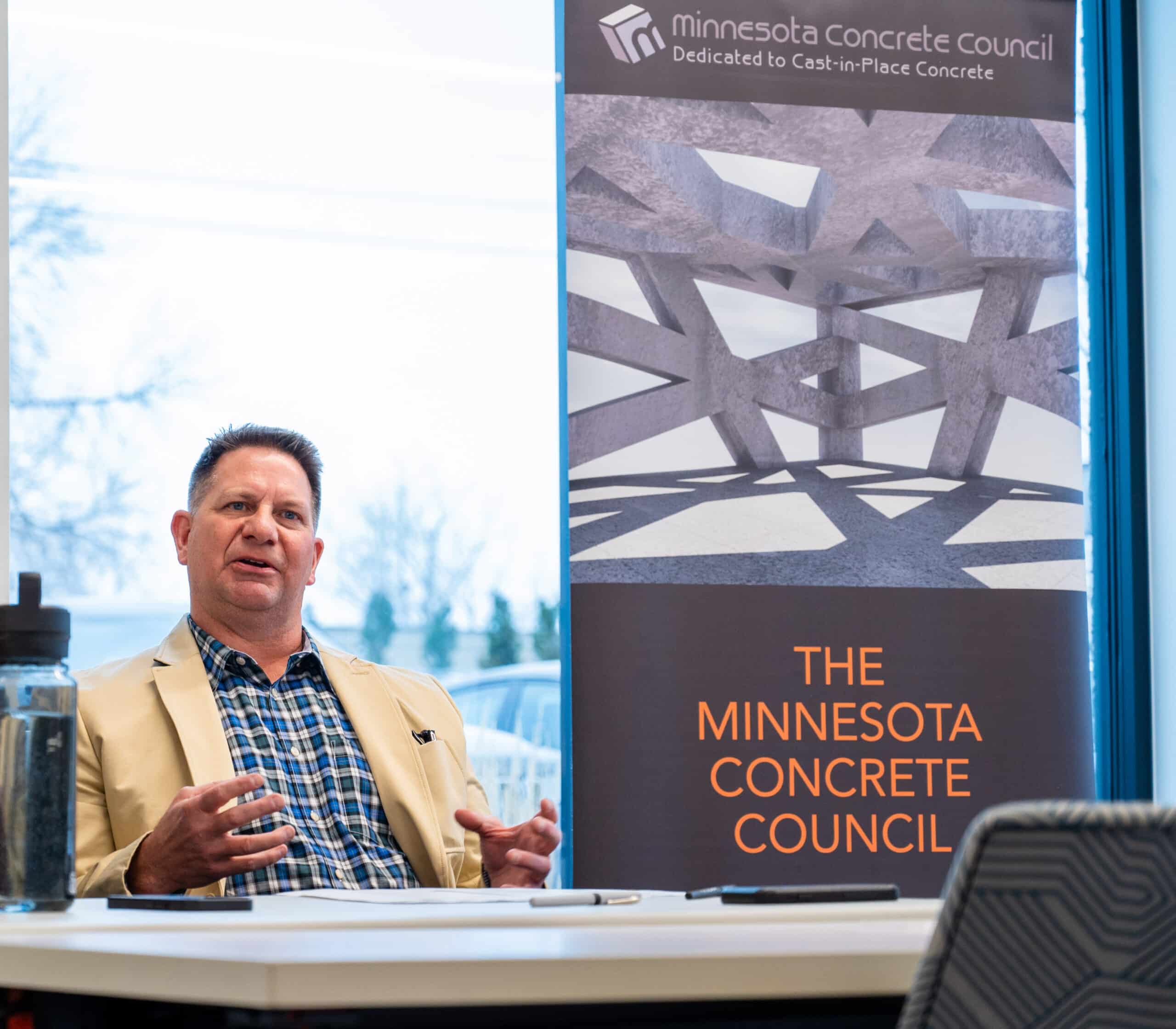
This Construction Inclusion Week, we’re taking time to highlight the role inclusion plays in strengthening our industry and how McGough is leading efforts to build a more diverse, innovative, and sustainable future.
Filling the labor gap and navigating shifting DEI policies all require one thing: collaboration. For Jim Houston, McGough’s Director of Diversity and Inclusion, inclusion isn’t just about representation—it’s about shaping the workforce that will build tomorrow’s infrastructure.
How Does McGough Approach Diversity, Equity, and Inclusion?

“Our overall DEI strategy around recruiting and suppliers is to be open to everyone,” Jim explains. “McGough and the construction industry in general must pursue the best talent and subcontracting partners wherever they exist.”
For McGough, that means being creative about how and where we attract people to the business. “Having a construction background helps, but that’s not always what makes someone a great fit,” he says. “I’m a perfect example as I came from the nonprofit sector, but I’m using that experience to make a difference here.”
Jim also highlights the value of collaboration across the industry. “We’re working with other general contractors in the Twin Cities to tackle common challenges in recruiting and supplier engagement. Even though we compete for projects, we can work together to build the future workforce. That kind of collaboration aligns with our long-term goals.”
Why Is Building a Diverse Talent Pipeline Critical for the Industry’s Future?
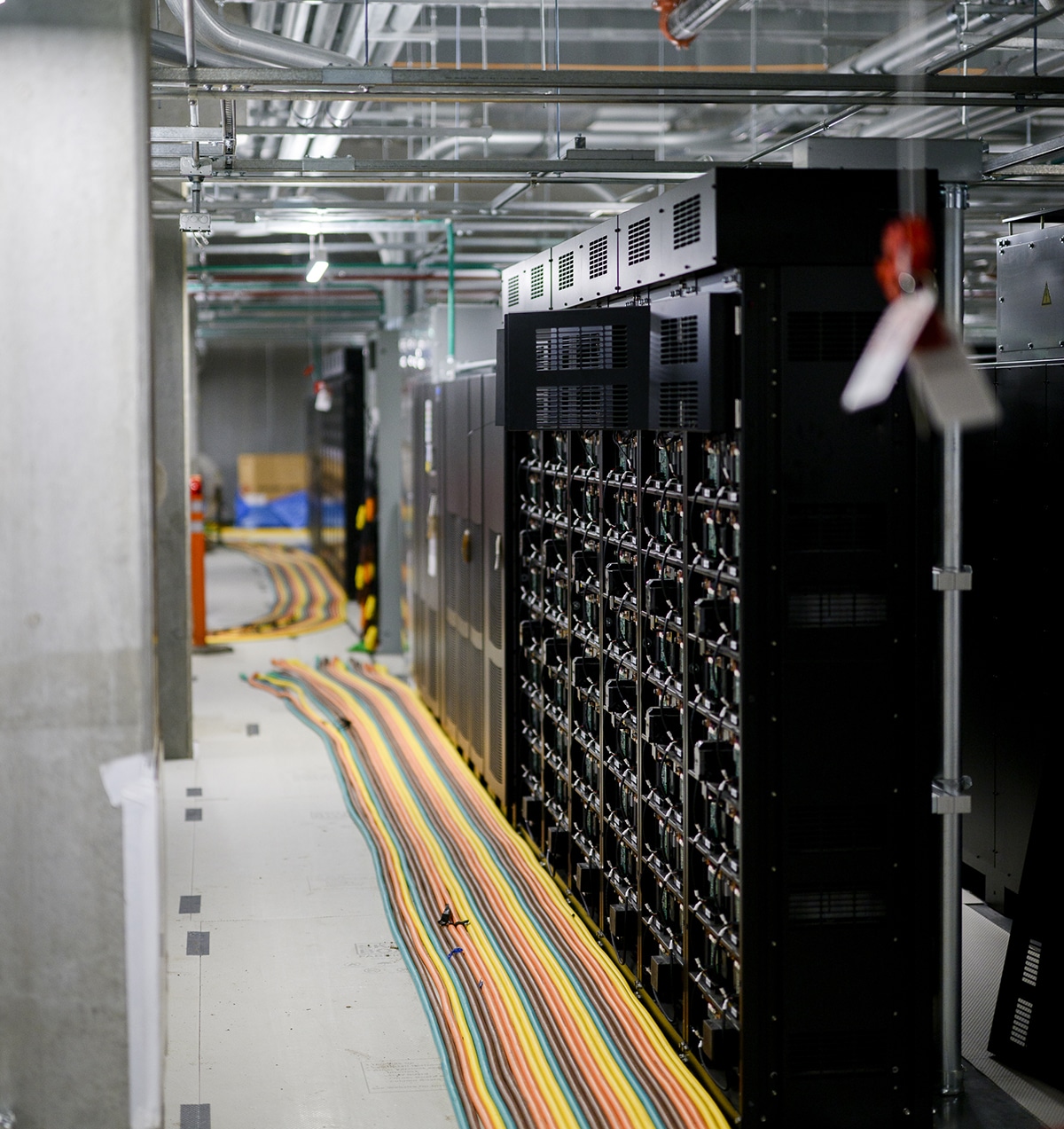
“The future is here,” Jim says. “Advances in AI technology and the infrastructure needed to support them are already at our doorstep. Across the country, companies are investing billions in AI infrastructure, and the construction industry is at the center of it.”
With U.S. power generation needs expected to nearly double over the next 25 years, the construction industry must shift from a reactionary to a proactive approach. “We can’t just recruit new talent—we have to help create it,” he says.
McGough partners with community-based organizations and post-secondary institutions that offer training in construction and construction management. We also mentor small businesses to help them build capacity and scale, similar to our partnership with Moltron Builders.
Recruiting and training the workforce needed to build the projects of the future remains one of the greatest challenges. “We need to do a better job telling our story,” Jim says. “So much of what we do in construction is tied to STEM, and we have to help young people see themselves in this industry.”
What Is McGough Doing to Create a More Inclusive Culture?
“We already have a great culture at McGough,” Jim says, “and our challenge is letting the secret out…sharing what makes our culture so great while holding onto it as we grow.”
McGough celebrates inclusion through Construction Inclusion Week, Women in Construction Week, Native American Heritage Month, and Veterans Day, while also recognizing the importance of mental health in the industry.
Employee Resource Groups play a key role in fostering community and inclusion, including the McGough Women’s Initiative and Beyond the Yellow Ribbon Committee, which supports veterans and their families.
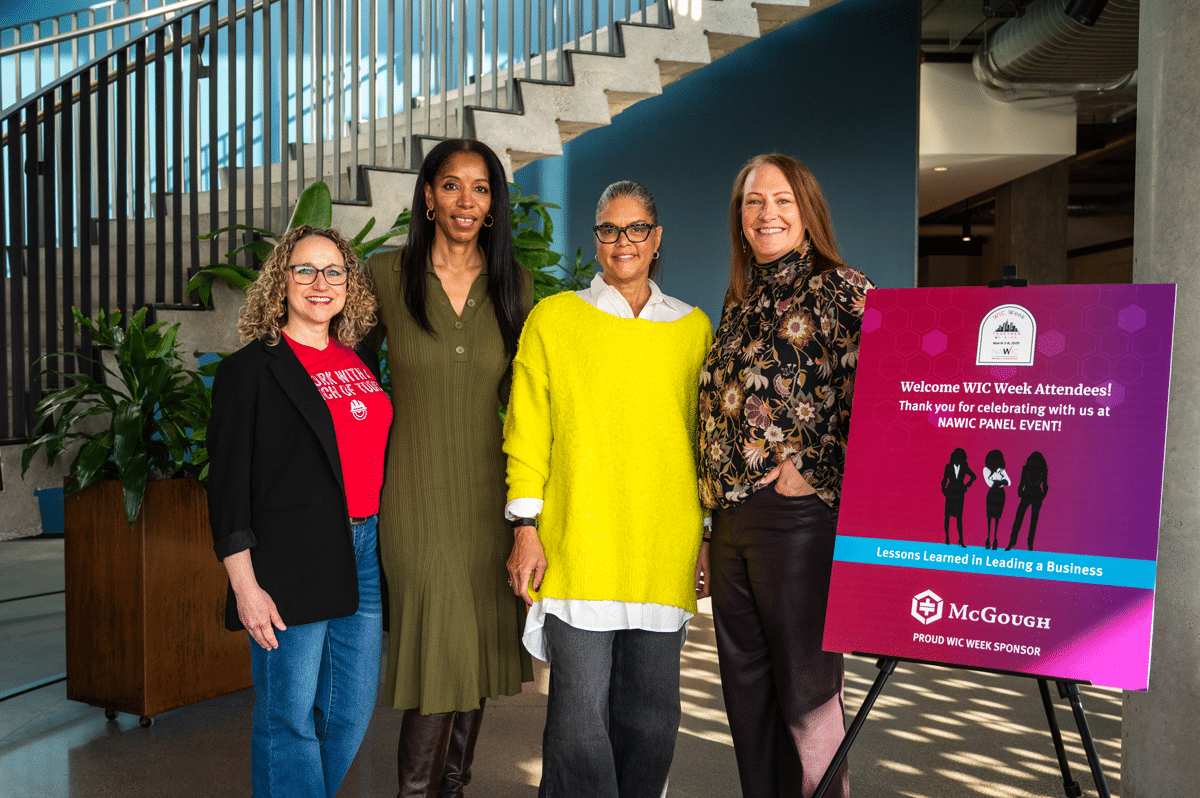
How Will McGough Continue to Lead in This Space?
Looking ahead, McGough plans to expand its DEI impact nationally. “We’re building on the experience we’ve gained building culture and partnerships in the Twin Cities and extending that across the enterprise,” Jim explains.
A recent example is McGough’s national partnership with Folds of Honor, providing scholarships to the families of veterans and first responders who made the ultimate sacrifice.
The McGough Women’s Initiative continues to expand its reach by hosting a working retreat with members from across the organization to strategize professional development and community engagement.
What’s One Call to Action for Construction Professionals During Construction Inclusion Week?
Jim’s advice for others in the industry is simple but powerful: be a resource.
“There are so many people who want to learn more about opportunities in construction,” he says. “When I connect with colleges or community training programs, I offer myself as a resource. Even if someone doesn’t end up at McGough, if that conversation helps them feel more comfortable pursuing a career in construction, that’s a win for the industry.”
By creating opportunities for connection, mentorship, and understanding, construction professionals can help build a more inclusive and sustainable future for all.
